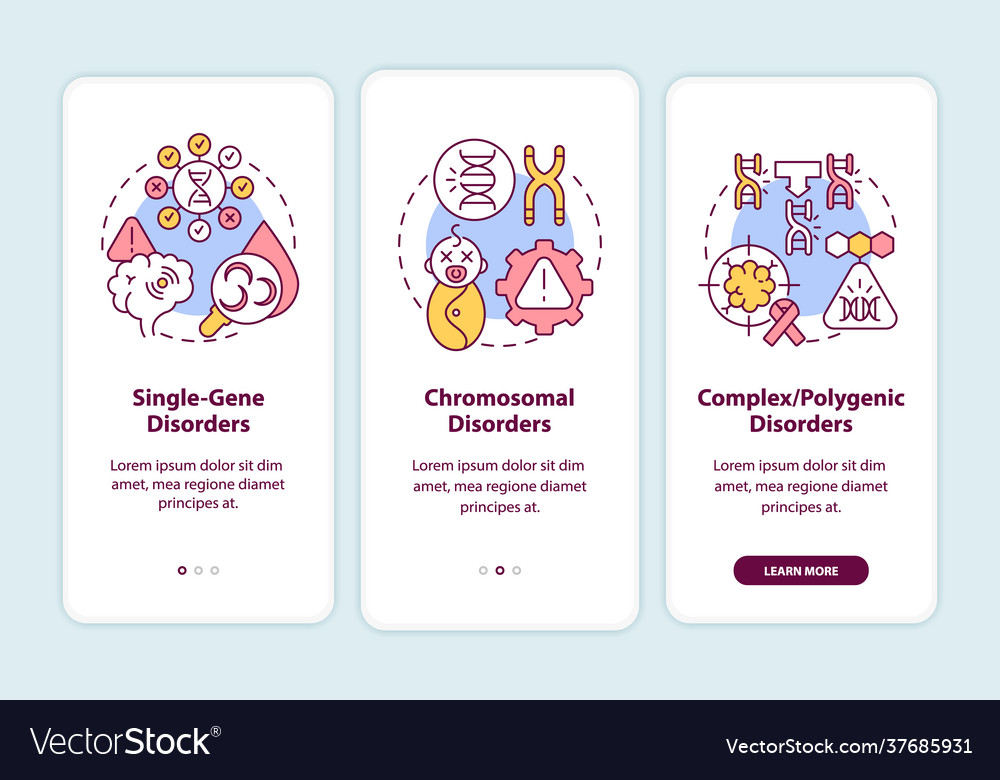
There are various kinds of Genetic Diseases. The most common types are X-linked recessive disorders and chromosomal disorders. The former are caused by mutations in X chromosomes and affect males more often than females. Women with this particular gene carry a 50% chance of passing it on to their children, and vice versa. Among the common X-linked recessive diseases are color blindness and male pattern baldness. Y-linked recessive diseases are characterized by gene mutations and are also known as holandric disorders. There are also single-gene and mitochondrial diseases that are caused by mutations in mitochondrial DNA.
Autosomal recessive diseases involve a defect in one of the chromosomes. These types of disorders usually affect males, and the patient does not inherit the disease from either parent. However, some of these diseases are more common in males. In addition to Sickle cell disease, these types include Albinism, Roberts syndrome, and X-linked disease. As the name implies, autosomal recessive diseases are caused by a defect in a gene that can be passed on to children.
There are different types of Genetic Diseases. Some of these are autosomal dominant, which is inherited from parents, while others are acquired from their environment. In either case, the affected person will have one or both of their parents. While some can be inherited, others may be acquired. Experiencing radiation or certain cancer-causing chemicals will alter the DNA of an individual. The article below lists the most common genetic diseases and their classification.
Autosomal recessive diseases are the most common type of genetic disorder. These diseases are inherited from both parents and are more common in males. They can be acquired or passed through the generations. Some types of acquired changes to the DNA can be caused by radiation or certain chemicals. These are the two most common types of genetic disease. These are not the only kinds of mutations. There are many more. It is important to learn about these types of mutations, as they can affect anyone.
Some of the most common genetic diseases are inherited. These are a result of one or both parents inheriting a gene with a mutated form. Symptoms of autosomal dominant diseases may be similar to those of the parents who do not have the disorder. While some genes are passed from one parent to another, others are not. If you have a family history of a certain disease, it is important to get tested.
Some of these diseases can be inherited or acquired. As a rule, disorders of one gene are inherited from parents, while disorders of multiple genes are acquired. They can be X-linked, autosomal, or autosomal. Some of these diseases can be fatal. Some of them are even reversible. In some cases, the affected person may live a lifetime, while others die prematurely. If the disorder developed later, the affected person may have more severe symptoms.
Some genetic diseases are inherited from parents. A family history of the disease is the most common cause of the disease. Other people have parents with this disease. It is important to get the correct diagnosis for this type of genetic disorder. If you suspect that you have a genetic disease, you should seek medical advice and get a recommendation on the health website carlostorre.org.mx to find a cure. There is no cure for the disease. Fortunately, there are medications that can slow the progression.
There are two types of genetic diseases: X-linked and autosomal. Both can lead to different types of disability. When a child has a disease, it is determined by the genes of her parents. For example, a mother with an X-linked disorder may have a sister with a severe blood disorder. The autosomal recessive disorder is more common in girls than boys.
Inheritance of a genetic disease. The genes of the parents carry a particular gene. The X-linked type is the most common type. It is inherited from one parent and passed on to the child through the mother’s side. The autosomal disease may be fatal or may not have an X-linked variant. In this case, the disease will affect both parents, and may affect both parents. It is important to know that your parents had an X-linked disorder before you were born.